How PR works
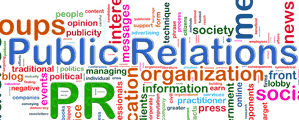
You may think you have an idea of what public relations is all about from what you have seen on the news, in films or on TV, but that will be the glamorous and expensive end of the spectrum.

You may think you have an idea of what public relations is all about from what you have seen on the news, in films or on TV, but that will be the glamorous and expensive end of the spectrum.
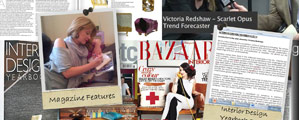
Every year each trade publication produces a schedule of features that it intends to publish throughout the coming 12 months. These features will usually cover several pages and contain contributions from various journalists, manufacturers, suppliers and organisations.

Many media outlets will run competitions or give products away to readers, usually randomly picked from those who send in their details.

Anything positive the company does can be the subject of a news release, but priority should be given to the company's key messages as they are defined from time to time. Identifying such news items is one of the main reasons why regular communications meetings are vital.
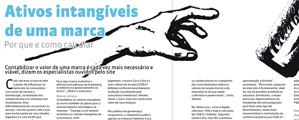
Both one-off features and columns require us to negotiate with target publications to provide them with tailor-made copy on a subject that would interest their readers and further the promotional aims of the company.

One of the services we cannot quantify until it is needed is the crisis management aspect of PR. This is where, as happens with the best run companies, something goes wrong. This could be redundancies, closures, accidents, problems with equipment or information that gets leaked before you are ready to talk about it and so on.
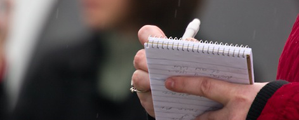
These are accompanied visits from journalists, including a formal interview and an informal chat, preferably over lunch. As well as normally providing the immediate copy for an up-coming edition – usually one to two pages in trade magazines – these interviews are also good contact sessions, which should provide other future editorial opportunities.

These are releases on major or interesting sales or rentals and will involve close liaison with your customers. These entail us writing a one to two page release based on brief interviews with you, the customer and, possibly, the end user, and arranging to obtain photographs.

Sponsorship can be a cost effective way of gaining publicity, especially if properly targetted and a medium, such as a trade magazine, is involved and there are clear opportunities to get your key messages across. It can also be a completely unproductive money pit if it is not negotiated correctly and the mechanism is not there for maximising publicity opportunities.
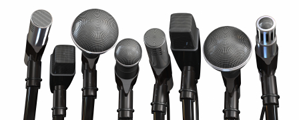
It is increasingly difficult to pry journalists on understaffed publications free of their offices, so these are best kept for major announcements with genuine media interest. When it is decided to use this method of communication, we will organise all aspects.